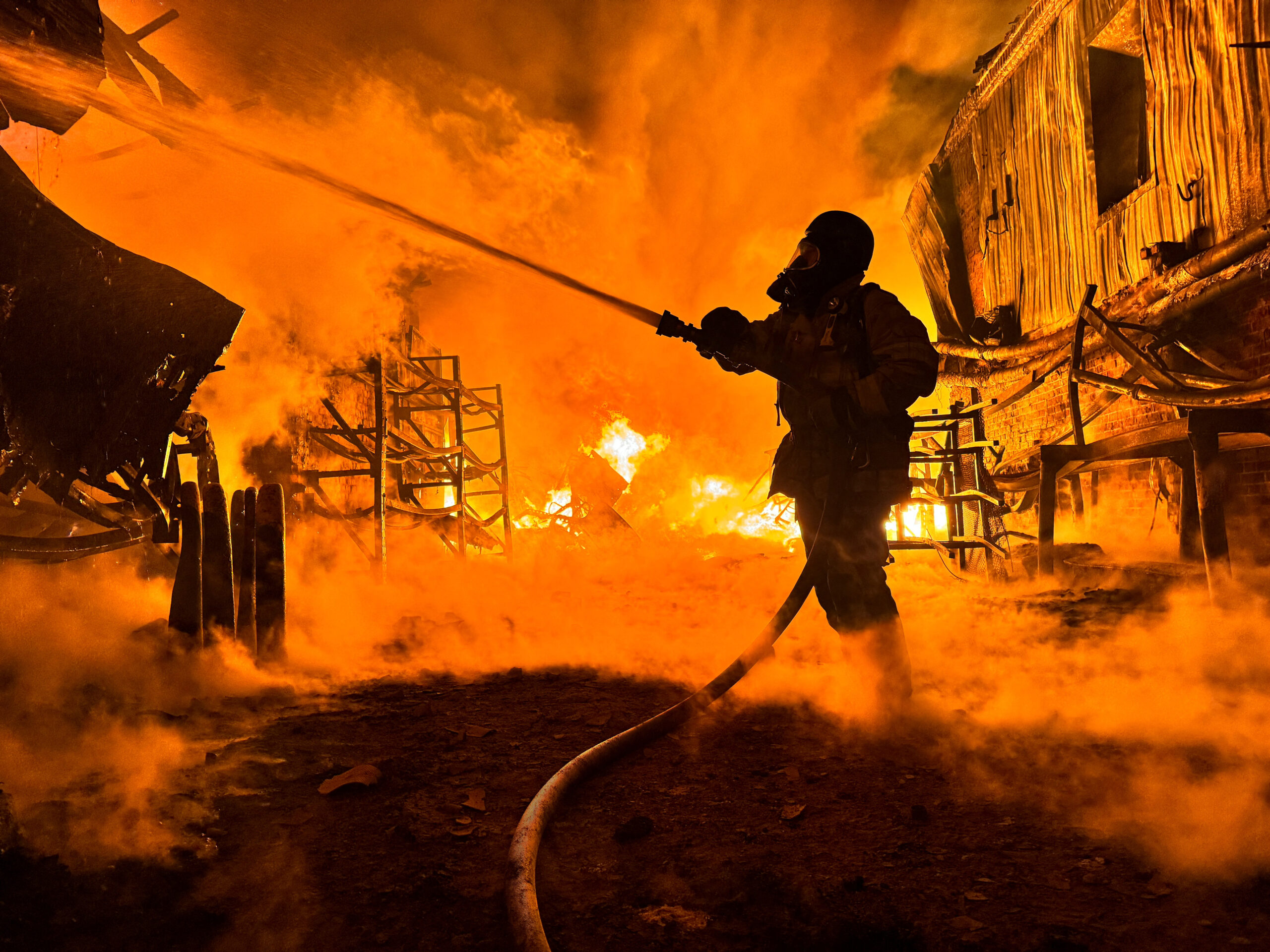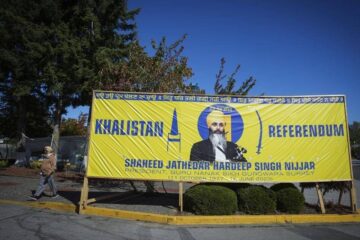Islamic State attacks Syrian army, Kurds in new offensive
Reuters
Islamic State fighters launched simultaneous attacks against the Syrian government and Kurdish militia overnight, moving back onto the offensive after losing ground in recent days to Kurdish-led forces near the capital of their "caliphate".
After recent losses to the Kurdish forces backed by U.S.-led air strikes, Islamic State sought to retake the initiative with attacks on the Kurdish-held town of Kobani at the Turkish border and government-held areas of Hasaka city in the northeast.
In a separate offensive in the multi-sided Syrian civil war on Wednesday, an alliance of rebels in the south of the country also launched an attack with the aim of driving government forces from the city of Deraa.
The attacks by Islamic State follow two weeks that saw the Kurds advance deep into the hardline group\’s territory, to within 50 km (30 miles) of its de facto capital Raqqa, hailed as a success by Washington.
The United States and European and Arab allies have been bombing Islamic State since last year to try and defeat a group, also known as ISIS or ISIL, which a year ago proclaimed a caliphate to rule over all Muslims from territory in Syria and Iraq.
The U.S.-led campaign faced serious setbacks last month when Islamic State seized cities in both Syria and Iraq. The latest Kurdish advance in Syria has again shifted momentum against the jihadists, but Islamic State fighters have adopted a tactic of advancing elsewhere when they lose ground.
The group said its fighters had seized al-Nashwa district and neighboring areas in the southwest of Hasaka, a city divided into zones of government and Kurdish control. Government forces had withdrawn toward the city center, it said in a statement.
Syrian state TV said Islamic State fighters were expelling residents from their homes in al-Nashwa, executing people and detaining them. Many Islamic State fighters had been killed, it said, included one identified as a Tunisian leader.
The Syrian Observatory for Human Rights, which tracks the war, said Islamic State had seized two districts from government control.
Government-held parts of Hasaka are one of President Bashar al-Assad\’s last footholds in the northeast region bordering Iraq and Turkey, territory mainly governed by Kurds since Syria descended into civil war in 2011.
Wednesday\’s separate Islamic State attack on Kobani, also known as Ayn al-Arab, began with at least one car bomb in an area near the border crossing with Turkey, Kurdish officials and the Observatory said. Islamic State fighters were battling Kurdish forces in the town itself.
Kobani was the site of one of the biggest battles against Islamic State last year. Kurdish forces known as the YPG, backed by U.S. air strikes, expelled the fighters in January after four months of fighting.
YPG spokesman Redur Xelil said Thursday\’s attackers had entered the town from the west in five cars, deceptively flying the flag of the Western-backed Free Syrian Army movement, which has fought alongside the YPG against Islamic State.
"They opened fire randomly on everyone they found," he told Reuters.
A doctor in Kobani, Welat Omer, said 15 people had been killed and 70 wounded, many of them seriously. Some had lost limbs. Some of the wounded had been taken to Turkey.
Around 50 people fled to Kobani\’s Mursitpinar border gate with Turkey after the attack, seeking to cross the border, local witnesses said. Syrian state TV said the attackers had entered Kobani from Turkey – a claim denied by the Turkish government.
Islamic State militants killed at least 20 Kurdish civilians in an attack on a village south of Kobani, the Observatory reported.
The United States has rejected the idea of working with Assad in the war against Islamic State.
Elsewhere in Syria, Assad\’s government has faced increased military pressure since March, losing ground in the northwest, the south and the center of the country, where Islamic State seized the city of Palmyra last month.
The rebels in the south launched their assault on Wednesday to capture Deraa, which, if it falls, would be the third provincial capital lost by Assad in the four-year-long war, after Islamic State-held Raqqa and Idlib held by another rebel alliance.
Assad\’s control is now mainly confined to the major population centers of western Syria, where he has sought to shore up his grip with the help of Lebanon\’s Hezbollah Shi\’ite militia, his main allies.
An alliance of rebel groups known as "The Southern Front", which includes the al Qaeda-linked Nusra Front as well as groups that profess a more secular vision, said its Deraa offensive had begun at dawn.
"The goal is to liberate what is left of Deraa city in the hands of the regime," said Issam al-Rayyes, a Southern Front spokesman.
Deraa\’s provincial governor Khaled al-Hanous told state TV the insurgents had launched "a real war with intensified shelling with various weapons or artillery on citizens in the neighbourhoods of the city and on hospitals, schools and infrastructure".
The rebels had not made "one meter of progress", he said.
The Observatory reported heavy fighting and army air strikes in the Deraa area.
SOURCE: REUTERS
[do_widget_area inner_adsbar]










